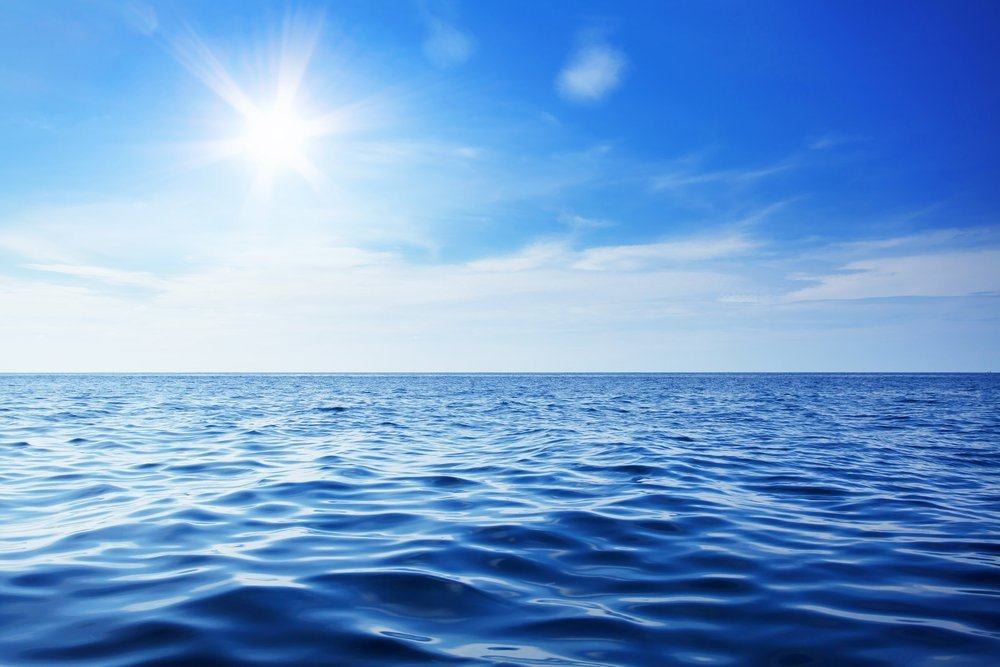Contents:
- Medical Video: What Happens When You Drink SeaWater?
- Effects of drinking sea water for health
- 1. Dehydration
- 2. Kidney failure
- 3. Acute symptoms
- 4. Chronic symptoms
Medical Video: What Happens When You Drink SeaWater?
Drinking sea water is not allowed, even when you are in a state of survival in the sea. Salt water is water that has been contaminated with other salts and minerals, such as mercury or arsenic. And sea water is an example of water that has high salt content. The concentration of salt in the body is around 75 percent less than that contained by sea water. Although properly prepared salt water can be a source of drinking water or as part of cleaning objects, and helps post-concussion patients suffer from increased blood pressure, in many cases, drinking salt water is not healthy for you.
Effects of drinking sea water for health
1. Dehydration
Salt can make the body dehydrated, so the more salt water you drink the more your body fluids are lost. According to Marine Knowledge, when you drink sea water, water that is already in your body will be diverted to help the body melt excess salt. As a result, other bodily functions will begin to suffer due to lack of water in your body's system. Dehydration causes increased thirst, and also causes you to urinate more often. This happens because your body is trying to get rid of excess salt. With lack of fluids and excessive urine output, the problem of dehydration will get worse.
2. Kidney failure
Your kidneys are responsible for filtering excess chemicals from your blood. When you swallow salt water, you will increase the amount of salt in the kidneys that filters blood. That way, the kidneys must remove salt with the help of large amounts of water. Water and salt are filtered, and discharged through your urine. During a long period of consumption of seawater, excess water will flood the kidneys, and the kidneys will begin to break down. This can cause serious complications and even death.
3. Acute symptoms
Within a few hours of drinking salt water, you may experience symptoms associated with high levels of salt in your body, according to the Western Journal of Medicine. The initial symptoms can be marked by severe diarrhea and never disappear. Your intestine can only absorb a certain amount of salt in a certain period of time. Sea water causes excess salt often to be left in the intestinal tract, so that water flows out of the cell and into the intestinal tract. This condition causes the contents of the intestine to become runny, and cause diarrhea.
Increasing the amount of urine that comes out is also an acute symptom of swallowing salt water. Salt is filtered by the kidneys with a large amount of water to dispose properly. This large volume of water will significantly increase your urine output. Both of these symptoms can cause fatal fluid loss.
4. Chronic symptoms
Long-term intake of salt water causes severe dehydration, which can cause serious effects. Your body tends to lose large amounts of water chronically in digesting salt water. You can experience hallucinations and delirium. Often, you will lose consciousness and suffer from seizures. Your body cannot function without water, and when you lose 15% of the total water in the body, you are at high risk for coma, brain damage, and even death.
READ ALSO:
- 5 Foods that Can Not Be Eaten Before Exercising
- Why Can You Clean Your Ears with Cotton Bud?
- List of foods that cannot be given to babies












